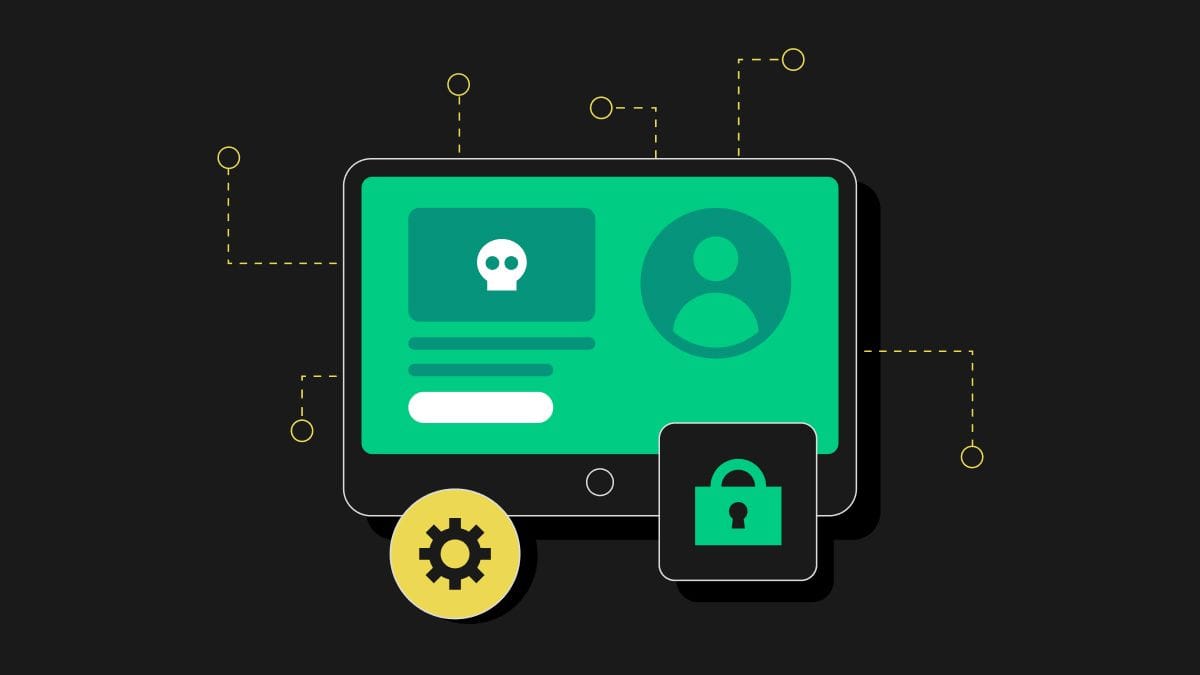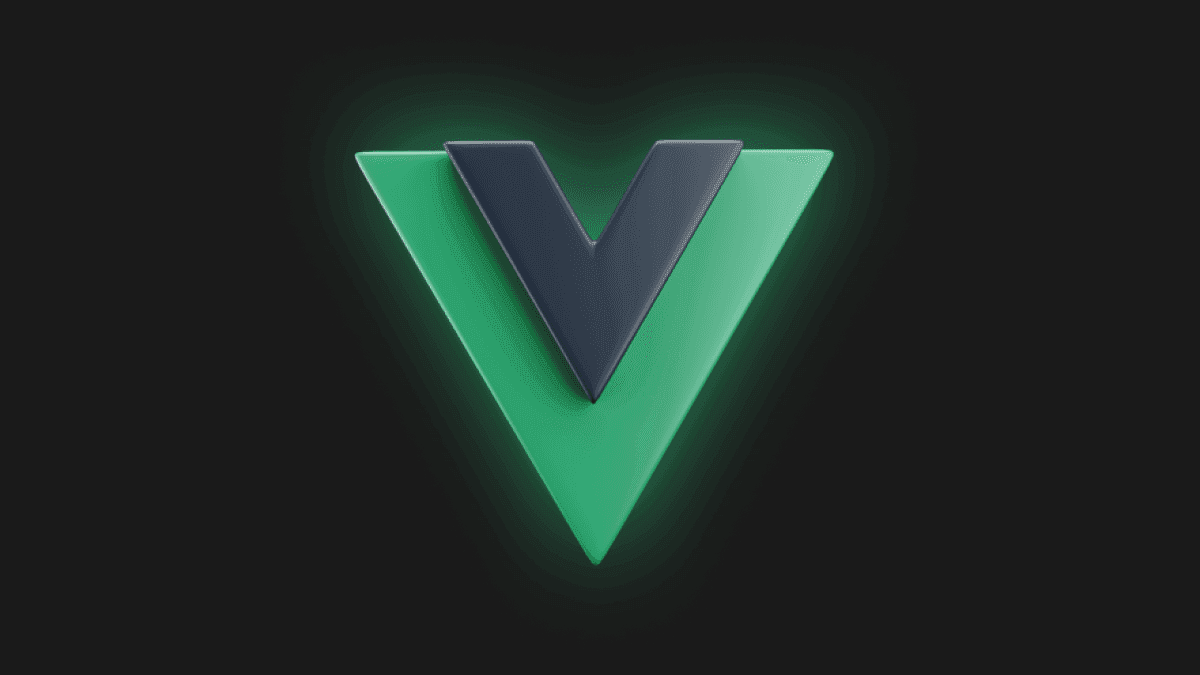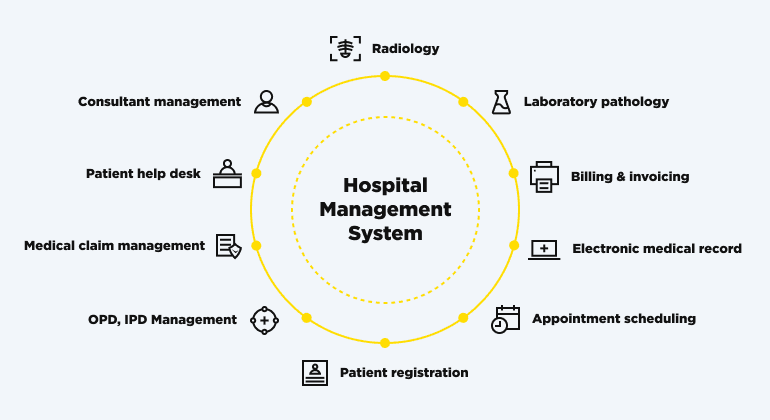Laravel Security – Best Features to Secure PHP Apps
Cyber security is an aspect that shouldn’t be neglected during application development. It’s crucial to think of prevention and protection methods to help you deal with the issues that might occur later in the process. Therefore, implementing security features to shield the vulnerabilities of your product should be a number one priority while building secure PHP apps.
The secret to powering up your apps is using Laravel Security. Before we dive deep into overlooking the key features, let’s determine what Laravel is in the first place. It’s a free, open-source development framework with expressive and elegant syntax aimed to simplify the secure app-building process. With a growing loyal community of developers, Laravel is on track to becoming a leading tool for keeping web applications secure from common cyber threats and hacker attacks. Is Laravel secure enough to be your top choice for product development? Read on to find out best practices that help developers boost security and what default Laravel features are recommended for robust app security.
Boost your app’s security with Laravel
Overall, there are two security levels significant for mission-critical apps: server security and application security. Even though Laravel cannot offer you advanced server security, it has all the features to enhance app security during development. Laravel Security default features sanitize the data allowing you improved protection from common vulnerabilities.
Comparing Laravel VS PHP security, it’s clear as day that PHP offers a more straightforward solution. Laravel, on the other hand, has a wide selection of tools and resources to build more reliable security. As one of the nowadays leading frameworks, it has a PHP artisan key to prevent cross-site scripting, SQL injection, and cross-site request forgery. Laravel also has an advanced mechanism to enhance cookies protection on web applications. The best-kept secret is that advanced Laravel users can boost some of the key features, making risk-free applications and fixing frameworks vulnerabilities and security issues.
Laravel Security game-changing features
You might wonder how a developer can achieve a level of PHP security for Laravel products. As a PHP framework, inbuild Laravel security features reduce vulnerabilities and security-related issues in the applications. Let’s take a closer look at what Laravel providers have to offer:
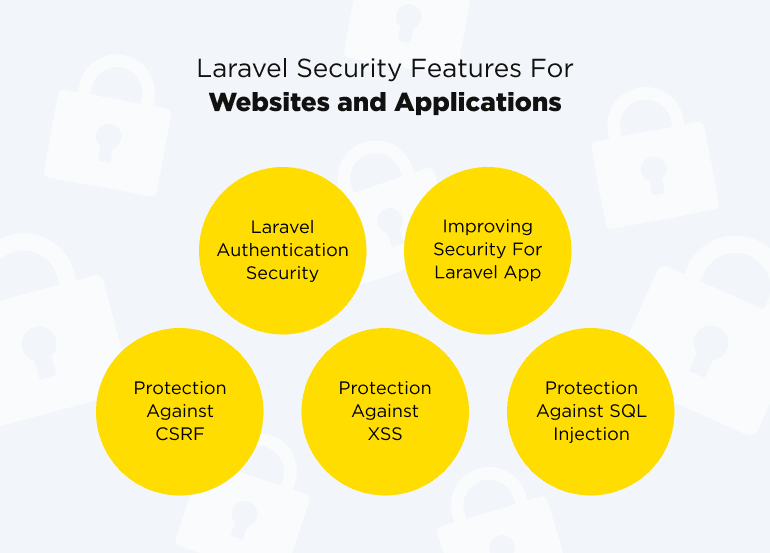
Laravel has a native password hashing mechanism based on Bcrypt and Argon2, which are useful tools for keeping a database table of user passwords, authentications, and registrations.
Laravel’s built-in default encryption supports the OpenSSL library providing users AES- 128 and AES-256 encryption to keep the web app secure.
The framework has its own validation rules and instructions set for everything involving the servers, POST, or GET requests.
Laravel APIs boost session performance and management allowing simplified access to the popular drivers and databases, most prominent file, array, cookie, and more.
The framework’s default features allow customization options yet cover all the basic security needs and requests. Still, there are three of Laravel’s best practices that enhance the development process and guarantee robust security.
Cookies protection on Laravel apps
Laravel includes mechanisms to ensure that your cookies are secure. However, you need to enable the application key, or how it’s also known as -the encryption key. So how exactly can you protect the cookies using Laravel’s assistance? If you’re working with version 5 and above, add the key to the app.php in the config folder, and you’ll be good to go! However, there is a trick for developers working with version 3. When you’re in the config directory, Laravel will automatically generate the key. It’s recommended to manually change the key for a difficult randomized password to minimize the possibility of a data breach.
Cross-site request forgery and Cross-site scripting protection
The next mind-blowing Laravel security feature is system protection from CSRF attacks. The framework uses the Form Classes Token method to ensure that the request comes within the system and not from someone outside. CSRF hidden token is located in the source code and is activated by default, as well as the CSRF filter.
For Cross-site scripting protection, Laravel’s syntax can dodge any HTML objects that are view variable parts. Because malevolent users can reach the user profile, the framework protects the system from such attacks by default. Therefore, with Laravel, your application will be immune to CSRF attacks and cross-site scripting.
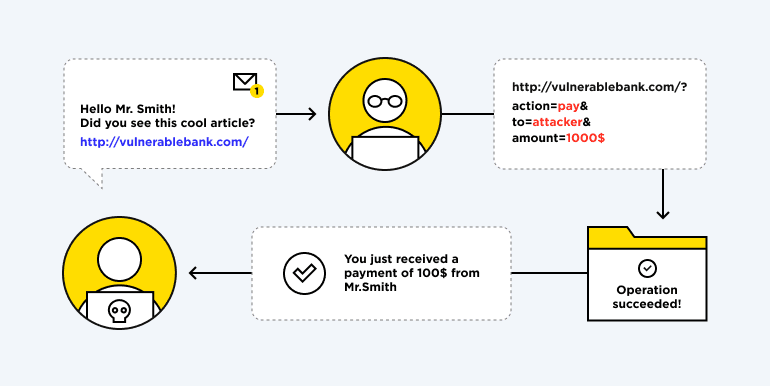
SQL injection
One of the scenarios of cyber attack factors is SQL injection infecting the system. Laravel uses PDO binding to protect the system and creates prepared statements to escape any user input that comes through the forms. Hackers might try adding foreign input to the query. Yet Laravel’s Eloquent can ditch unknown SQL commands shielding the application databases from possible damage, and doesn’t let access to the database without validation.
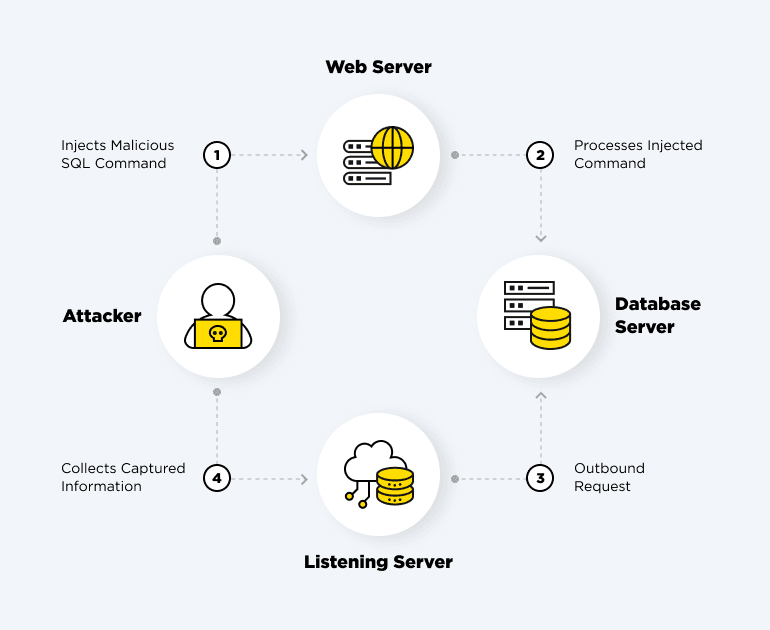
Ways to power up Laravel application security
Laravel Security’s built-in features make the framework the leading one for securing PHP apps. However, no framework or software can claim it’s 100% secure. Thankfully, there are solutions to boost Laravel’s security vulnerability. Here are four tips one should know to create a risk-free web application:
Using Laravel HTML Purifier to tidy up the code and deal with missing parts of code to enhance security;
Avoiding raw queries by replacing question marks with query variables protects the code from SQL injection type of attack;
Using double brace syntax in the blade templates as a preventive method from XSS attacks;
The best way to enhance security is by forcing HTTPS if the app operates sensitive and private data. HTTPS allows for creating a safe route and re-direct users making Laravel asset-secure.
Following those suggestions as the golden rule will help solve Laravel security issues one might face during the development process.

Ready to build a secure Web Application?
contact usWhat packages does Laravel offer?
Laravel has several options for developers to enhance workflow. The top-three recommended packages to use are:
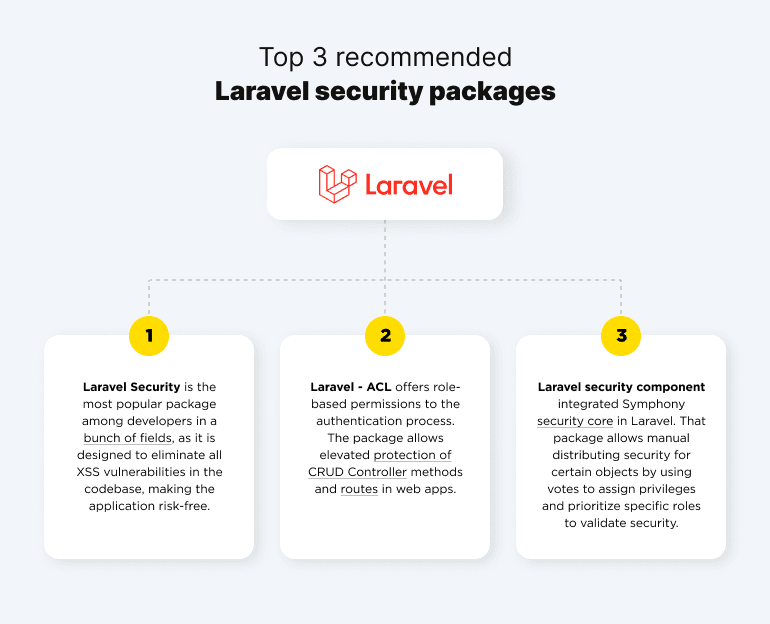
Laravel Security is the most popular package among developers in a bunch of fields, as it is designed to eliminate all XSS vulnerabilities in the codebase, making the application risk-free.
Laravel - ACL offers role-based permissions to the authentication process. The package allows elevated protection of CRUD Controller methods and routes in web apps.
Laravel security component integrated Symphony security core in Laravel. That package allows manual distributing security for certain objects by using votes to assign privileges and prioritize specific roles to validate security.
Conclusion
Wrapping up, let’s answer the final question: How secure is Laravel? Even though the framework cannot guarantee 100% application security, Laravel allows developers to implement features and tools to significantly reduce the risk of most common cyber attacks on the web and straighten the protection of your assets and database. PHP Laravel security is an affordable, fast, and efficient way to power up web applications and shield products from cyber crimes and lucrative hacker attacks.
